Recently, the owner of the Depot Café restaurant, which operates out of the old train station building at the San Carlos CalTrain stop, announced she was closing. Given that the Café has been there for decades, this naturally upset some residents, some of whom have, in turn, asked the City to do something to save it.
I’m writing this article to share what I know about the Depot Café situation. It’s based on lengthy conversations with City and CalTrain staff. I don’t claim it’s the last word on the subject; if you’ve come across different information, from a reliable source, please share it with me.
Ancient History
The Depot Café rented space under long-term leases from CalTrain for many years.
I’m using the term “CalTrain” a little loosely here. The landowner may be something called the Joint Powers Authority, of which CalTrain is a part. But the term “CalTrain” will serve, I think, because, whatever the precise legal entity is that owns the land, the landowner is a public agency involved with operating CalTrain.
Back to the main thread. Those leases were each for multiple years — I’ve heard they typically ran for five years — and were regularly renewed. I don’t know how the lease payments changed over time, but I presume they were periodically adjusted to reflect market conditions each time they were renegotiated.
I say that because public agencies are required to do that under California law, for two main reasons:
- If we allowed public agencies to cut sweetheart deals with people, we’d create the potential for all sorts of insider-dealing and political corruption. Having people or businesses pay market rates reduces this risk.
- Sweetheart deals, even if they don’t involve or cause corruption, reduce the amount of funds a public agency has available to fulfill its mandate to the public. If a city allows a business to use city-owned property rent-free, that city will have less money available to maintain or operate a police department, a park, etc.
A lesser, but still important, downside to sweetheart deals is the problem of choosing who gets them. If a public agency grants a below-market rate deal to one person or business, what does it tell all the other people or businesses who show up asking for the same consideration?
So I presume the Depot Café paid a market-based rent, for many years…up until CalTrain began to consider developing the Transit Village project.
The Transit Village Is Coming…Someday
What many people don’t realize or remember is that CalTrain has been planning on breaking ground on the Transit Village for many years, all the way back to 2000 or 2001.
It takes a long time to move a major project through the public review and approval process, particularly when the Great Recession intervenes and basically triggers a “stop the music” situation for several years, as organizations and investors try to figure out what the future will hold.
What does the “imminent” prospect of breaking ground on the Transit Village have to do with the Depot Café? Imagine the negotiating room, back in 2000/2001, when the next lease renewal is being discussed.
CalTrain doesn’t want to agree to a traditional multi-year lease. No landowner, public or private, thinking they were about to break ground on a major project affecting that land would want to do so. Why? Because they might have to break the lease, or be required to compensate the Depot Café’s owner, if the project negatively impacted the restaurant. Better to go month-to-month and play things by ear.
On the other side of the table, no business likes the idea that they might have to move on a few months’ notice. That’s expensive, regardless of who the renter is. A month-to-month lease isn’t as valuable to a business renter, so often times the market price for them is lower than that for a longer-term lease.
In the end, CalTrain and the Depot Café came to terms involving a lower lease payment than would otherwise have been the case, reflecting the more tenuous nature of a month-to-month arrangement. A market price was still paid; it’s just that the market terms were different, so the price was different, too.
As it turned out, because it took CalTrain many more years than they expected to launch the Transit Village project, the lease terms stayed lower than a traditional lease, and on a month-to-month basis.
In fact, I’ve heard CalTrain eventually started getting challenged by other State and Federal agencies as to why it was holding “below market” leases on various properties. Those agencies’ viewpoints are important to CalTrain, and the broader public, because they either provide or are being asked to provide funding to modernize the CalTrain system, increasing its capacity. Which, if you’ve ridden on it during rush hour anytime during the last few years, you’ll know is badly needed. Even if you don’t ride the rails, making commuting more convenient reduces the number of cars on the road.
Along the way, the Depot Café owner asked for some additional parking spaces to be dedicated to her restaurant (apparently, prior to 2000/2001, the lease granted six). CalTrain was willing to do that to help support a tenant who was on a month-to-month contract, because the commitment was short-term. Even if the arrangement lasted for years, the commitment was only for a few months, at any point in time.
Present Day
With that all as background, let’s look at what’s going on right now.
The Transit Village project is well underway. So far as the new parking lots are concerned, almost all their capacity is usable, replacing what was lost when the lot just south of Holly was closed for construction. So CalTrain apparently told the Depot Café owner they wanted to revert the terms of the month-to-month contract to the original six spaces. They may have also indicated they want to move back to a traditional, longer-term lease, I’m not sure.
The Depot Café owner sees all this as a significant, negative change. What’s worse, whatever parking spaces are dedicated to the Depot Café are further away than the earlier ones, because the new parking lots are further away. In her financial analysis, this notice raised questions in her mind about the restaurant’s viability.
From what I can tell, no negotiation took place over reverting those six spaces, or, if a longer-term lease was desired by CalTrain, what the new financial terms might be. I don’t know if the Depot Café owner took CalTrain’s position on the spaces as non-negotiable, or if CalTrain said it was non-negotiable, or what. All I know is that there were no negotiations, which was followed by a notice from the Depot Café to CalTrain, and the community, that they were terminating the lease and closing the restaurant.
Current Perceptions
I’ve heard some commentary that this is all part of a plot by CalTrain to drive the Depot Café out of the station so CalTrain can re-lease it at a higher rate. A new lease would likely be better financially for CalTrain, because that month-to-month situation has lasted for many years.
But I doubt that’s the case. CalTrain doesn’t need to force the Depot Café to end the lease. It’s month-to-month; they can simply give notice, as the landowner, that they are ending the lease. If they turn around and put it out for bid, that’s a landowner’s prerogative. And as a public landowner, they’re obligated to let the market decide on the price, for the reasons I explained earlier.
I’ve also heard calls for the City to “do something” to retain the Depot Café, up to and including subsidizing their rent with public funds. Besides likely running afoul of the law – cities don’t have the authority to spend money without a valid public purpose, and I think it’d be hard to come up with such a purpose in this case – such a course of action would create a hornet’s nest of competing claims from other business owners and individuals.
I’m open to discussion about how the City can help. But I’m not sanguine there is a way that’s lawful and fair.
The Larger Picture
It’s apparent from the community dialog taking place on the Depot Café that it’s demise resonates on a symbolic level for some people. “Too much change!” “All the stores and restaurants I like, and can afford to patronize, are being forced out!” “I’ll probably be forced out next!”
I certainly understand this view of the Depot Café closure. In fact, it’s worthy of another lengthy article, so I’m going to postpone addressing it here.
It’s sad when a long-term business closes. It’s even sadder if you’re a regular customer. But while that’s understandable – and we should each, as good community members, help those among us hardest hit by the change through the transition – life goes on.
San Carlos in 2018 has very few, if any, of the businesses it had 20 or 30 years ago. My colleague Ron Collins, when speaking at the dedication of Harrington Park (across from the Bank of America building), cited business after business, all of which used to operate in our little downtown…but none of which I’d heard of. And San Carlos had been my home for almost 20 years at that point. Yet I loved the place so much I ran for office, repeatedly.
Whatever change means, I don’t believe it will harm the essence of what makes San Carlos a wonderful community, and one we should all be proud of.
Despite change, our community is, was, and will be a great place to live. That’s why we’re all here!
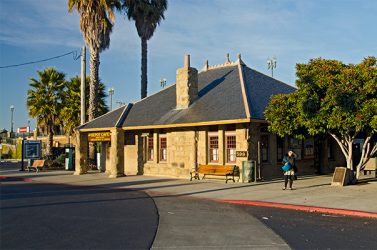
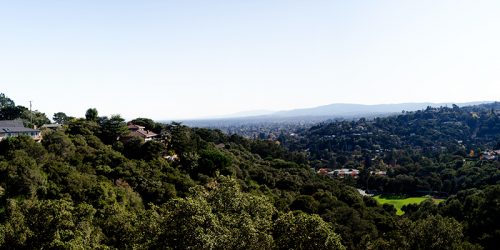

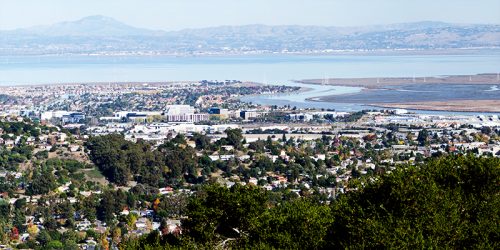
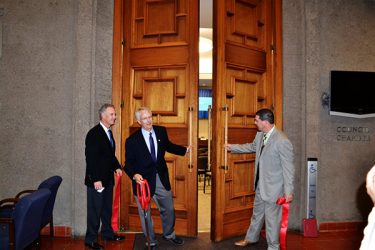
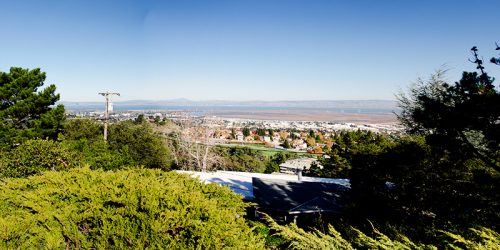
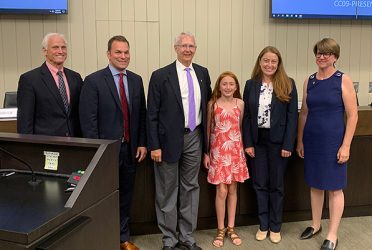
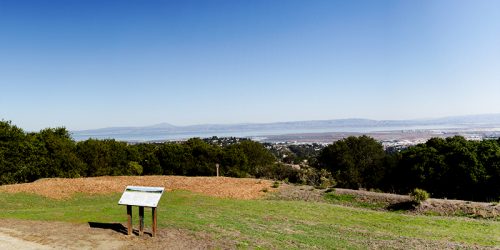
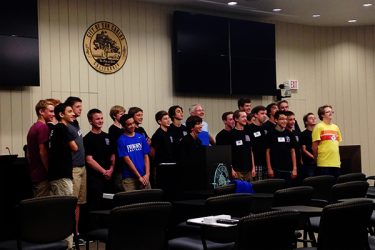
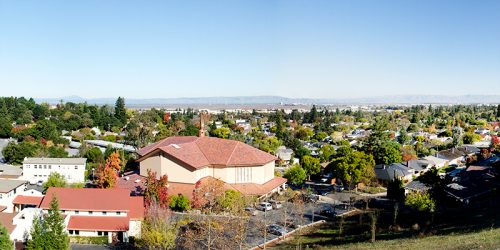
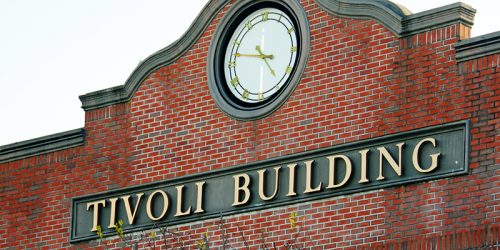
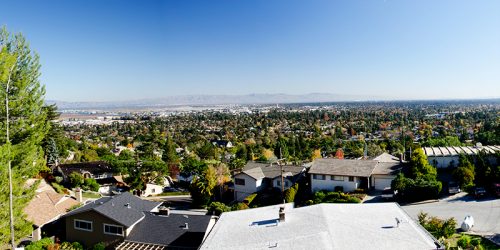

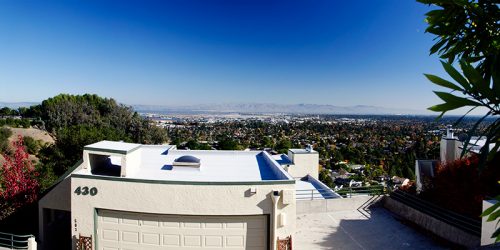
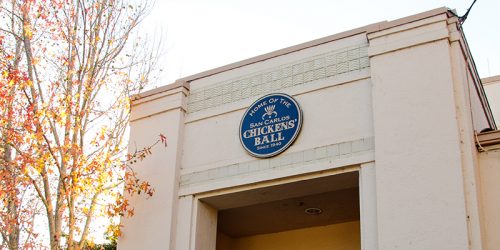
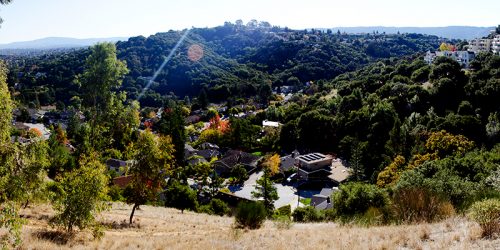

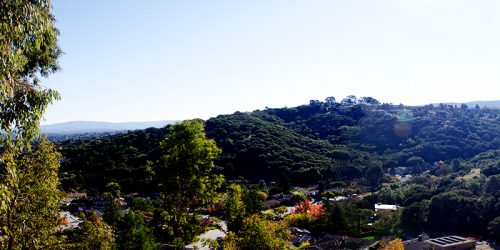

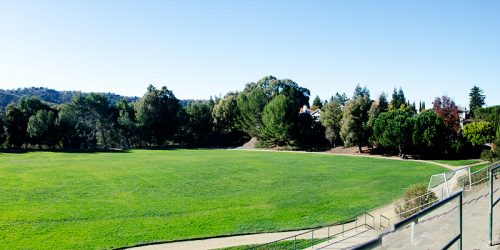
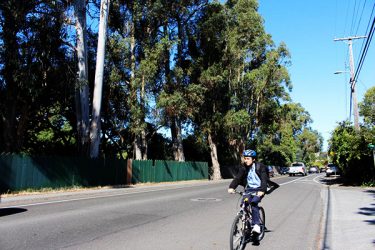
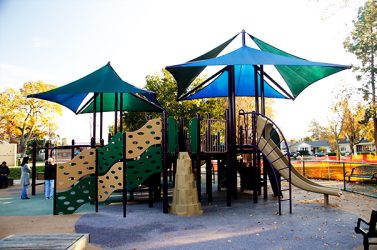

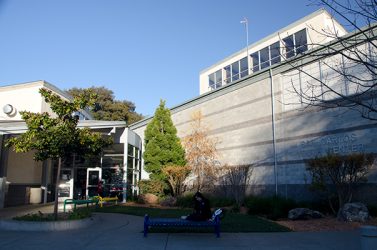
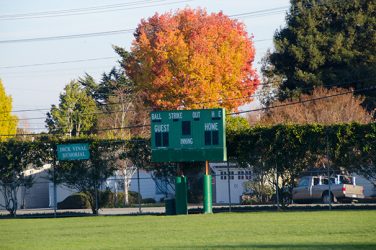
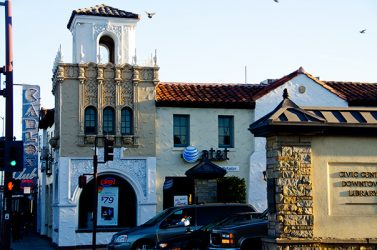
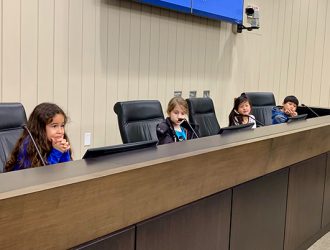
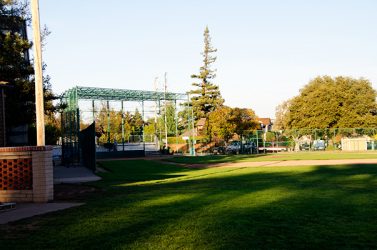

1 thought on “The Depot Cafe”
Mark, I really appreciate that you often use this blog to educate. Thanks for yet another informative post.